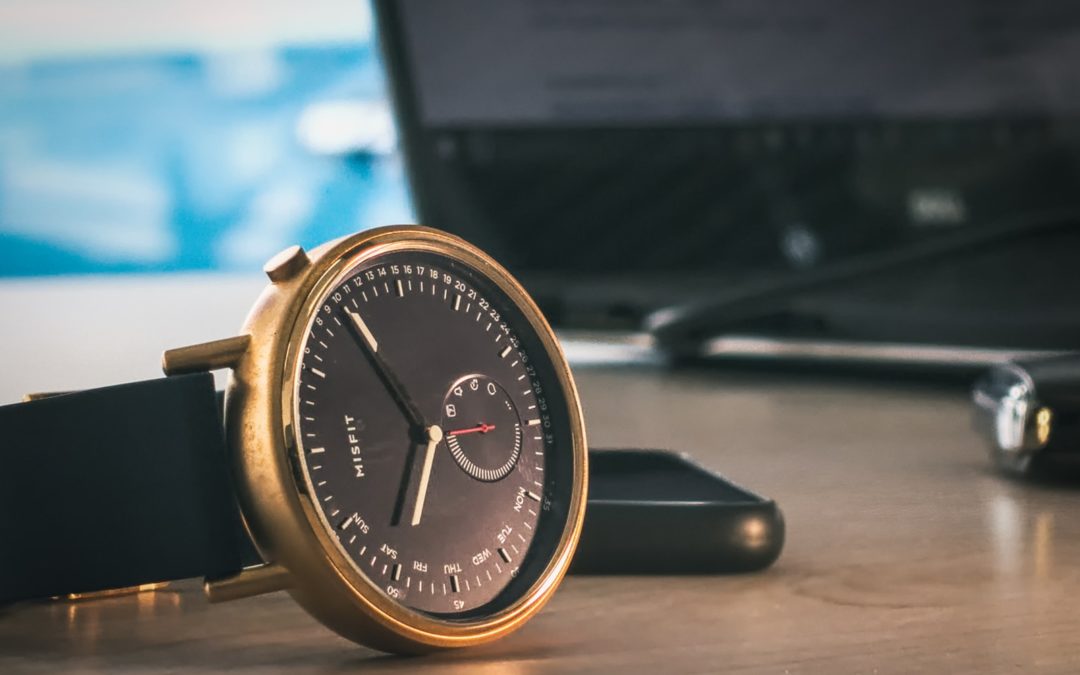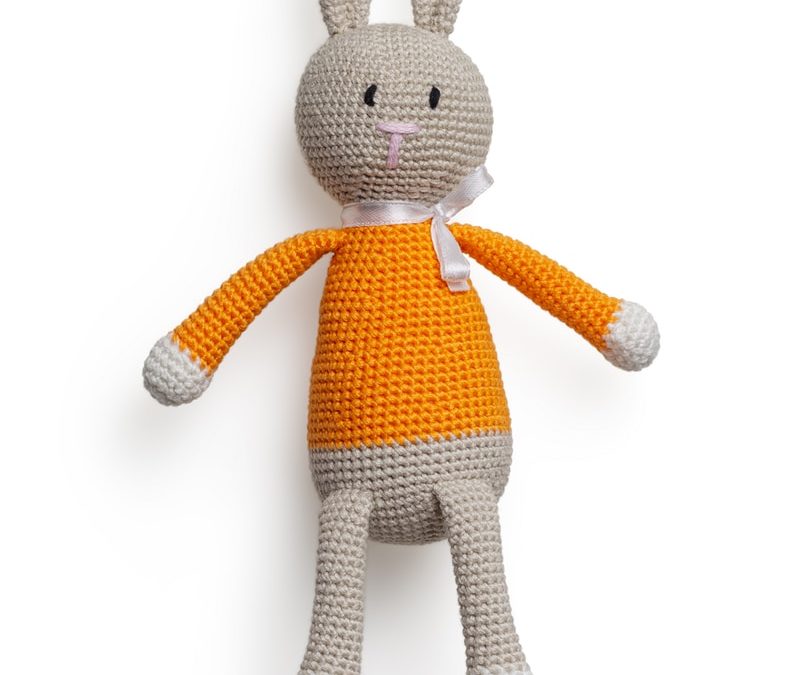
by admin | Sep 23, 2021 | Declutter
Guess what? Life moves on and so should you. I truly feel for you when you explain to me that once upon a time that jug or lamp cost you a lot of money on your payday. At the time it might have been a good idea because you bought something which seemed special at the time. But right now is the time zone we are dealing with, not yesterday or even yesteryear. Does that jug get used? Do you fill it with flowers every week? In the warm days of summer picnics is it filled with water and ice for family gatherings? If the answer is 'no', then it's time to go! Remember the mantra that I love to promote - S. D. G. B. Remember what this means - Sell, Donate, Gift or Bin.
Money is important. We all need it to live with and we have to make our way in the world using money to pay our bills and buy our food and utilities. But the life you are paying for is the same life that might just contain a bit of clutter. Am I right? So use your money wisely, make it work well for the downshift lifestyle that you want to create for yourselves. Money is also a very emotional topic and it provokes reaction in every one of us. The economy in many places right now is in a mess. if we are honest, we could all do with an extra income and this is reflected in the growth of people being willing to chat about having a side business or a side hustle to add to what they earn from a job or from self-employed work that keeps them busy.
No one will judge you for being cautious about what you spend your money on, but why hang onto something that has more realisable value once sold and gone that it had while sitting in your home and adding no value. Keeping the thing in your house will not bring back the money you spent to acquire it. The money left your wallet the day you bought it. Time has moved on and maybe the use or value of the item has changed too.
We once had a neighbour who had three cars on his drive. None of them worked. All had flat tyres and rusted bodywork. That's his choice. But one day he might want to move house and sell up. He will have to pay for someone to take the junk off his drive, but in the meantime the whole place will look unattractive and every time he looks out of his kitchen window he must be thinking "What have I done storing that junk in my space?" It can't possibly bring him any positive thoughts about the hanging on to clutter that he has gone through. If it doesn't add value, joy, pleasure to you life, let it go. If it has no value, is broken, does not support your lifestyle, let it go.
If you want to really feel the pain of money spent just consider the cost of holding the things you still have but which you do not need. In cost of rent or mortgage that you pay monthly there is a direct and measurable link between the cost of your clutter and the money going out each month. If your house is twenty percent clutter, then the cost of that clutter equates to twenty percent of your accommodation cost. The same is true of your insurance each month. I hope that encourages you to take action. You are paying to insure this rubbish! Stop it now.
You and I have both made mistakes with what we have bought in the past and how we have used or mis-used our funds. It's time to forgive ourselves for these errors and to accept that an item, which we once appreciated enough to pay a lot for, no longer holds that status or value and can be let go of.
You did the best you could with what you had at the time. You really did think you were making a good decision when you bought that item. I know. Grasping hold of this will allow you to move forward and say goodbye to the item without any more guilt.

by admin | Sep 9, 2021 | Declutter
While we may understandably want to break free of the clutter that surrounds us, we first have to deal with the emotional issues which have stopped us from taking action. The confusion here can come from you having a different emotional attachment to one item that another member of your household or a close friend will have with it. If your best friend thinks that having a dozen antique clocks in her house is normal and acceptable and you think it eccentric or even odd, you will see where I am going with this.
You might have a garage filled with walking frames, an electric powered mobility scooter that has long since eroded to being useless, and an upright piano. All these things arrived at your home twenty years ago when your grandfather died and none of your other relatives stepped up to the plate. You took responsibility for clearing these items, and for one reason or another you never managed to dispose of them. Your friend might have an attachment to the clocks because of her own family history and the ways in which she has accumulated them over several years.
What's your own story about the garage that can no longer be used for car storage or as a home workshop? In this way you see that one persons acceptable storage is seen by someone else as a pile of weird rubbish that should be chucked out.
A common excuse for not letting go of the clutter appears as : "I have to keep this. It was a gift". To which I say, "But was it a gift you loved immediately and knew you would always treasure?" If not, let it go.
We can fill our homes with birthday presents, art work from school when our children were toddlers, wedding presents from people who had bad taste in their choice of gift, or from recent presents we were given at a family gathering. The moment something has been given to you it is up to you to choose what you do with it. Why do you see so many good quality things uploaded onto auction sites immediately after Christmas, ThanksGiving and of course through out the year as people let go of the birthday and housewarming gifts they do not appreciate?
Keeping something you don't like in your house is a negative behaviour in that it does not truly represent who you are. Holding onto a gift when you do not like it, out of fear that you might hurt the feelings of the gift giver, is no way to lead your life as an adult. This whole process of Letting Go is about making your living space somewhere that is calm, supportive and filled with the energy you like. This means that what you have on display and see as you move around your home are items that you like and appreciate for their style, design, or attractiveness.
If Aunty Mary gave you a hideous vase as a wedding present five years or fifteen years ago, it should not be on the mantelpiece, on the shelf or even in the house. Sell, Donate, Gift or Bin. Certainly remove it from your space. Aunty Mary will understand. The item and your feelings and thoughts about the item are not the same thing. If you love the person, but don't like the gift, let it go. Your home should be a place of calm, not of guilt or unease. This process is all about you. Put yourself and your feelings and happiness first.

by admin | Sep 8, 2021 | Simple Self Help
This one is really easy. To hold onto your money and see it grow, simply spend it at slower rate than it comes in. Now, was that rocket science? Hardly! But most people have no idea how they spend their money. Slow down the pace at which it leaves your account or moves through your hands.
I suggest that you grab a sheet of paper and take it everywhere you go for a whole week. Use it to record every single penny, peso, dime, dollar, shekel, and euro you spend. Keep every receipt and write everything down. Do the same again the second and the third and fourth weeks and in doing that you have a one month pattern of your spending and inflow.
By totting up the numbers on your sheet for each week and deducting this money from your weekly or monthly income you know exactly where you stand financially each month. And all you have to do to win at the money game is take an area of your regular expenditure, work out what this is as a percentage of your income and ensure that next month you spend a reduced portion of your income in this area.
You either increase your income or reduce your expenditure in order to start winning. If your income is fixed, but you reduce your expenditure then you will be ahead of the game and you can choose to enhance the quality of your life by spending on some better things, or you can place the surplus into a savings account.
If you can increase your income and maintain the same fixed costs you can do the same again and place more money aside into an account where you get the rewards for having done so.
Where you can do both i.e. increase your income and reduce your fixed costs, then you are in control of a positive move forward, maintaining a lifestyle you choose and placing cash in the savings programme for your benefit further down the road.
Wherever and whenever you start, enjoy the process and realise that through the decision to keep track of your money you put yourself in a position of being able to keep hold of the money for the long term. So get pro-active and start to monitor all the money that comes your way. By knowing what you have and where it goes you get to choose how you spend what you hang on to.


